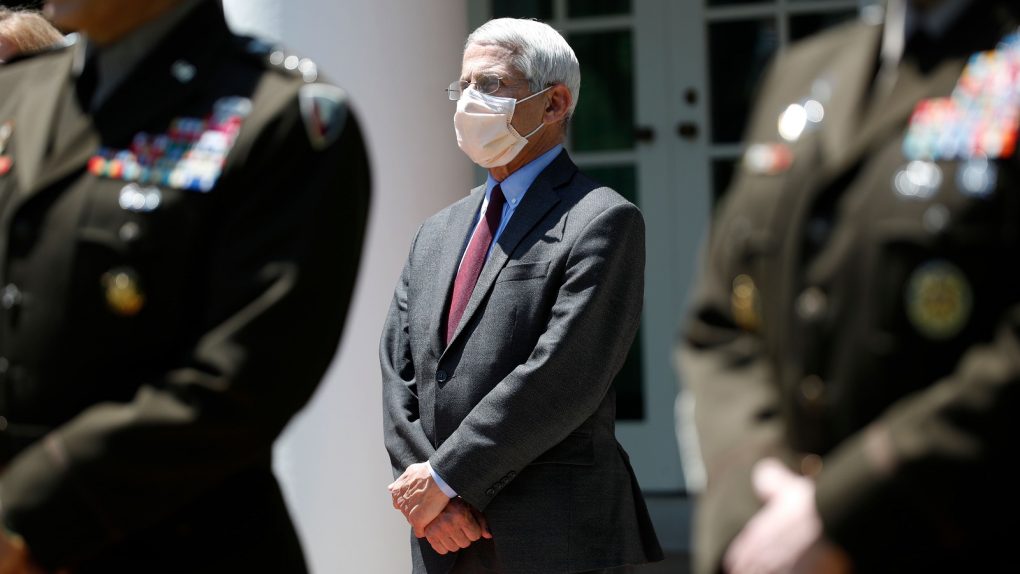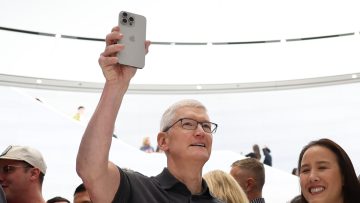- In an update on coronavirus vaccine candidates, Dr. Anthony Fauci noted that a drug that’s 70% to 75% effective at preventing COVID-19 will not lead to herd immunity in the US if only two-thirds of the population seek immunization.
- Fauci acknowledged the power of the anti-vaccine movement and said public health campaigns to educate people on the safety of vaccines will be needed.
- The first COVID-19 vaccines could be ready for emergency use later this year, once they clear Phase 3 of clinical trials successfully.
Several vaccine candidates for the novel coronavirus have shown promising results in the first stages of human trials, and some of them may be approved for emergency use as soon as this fall or winter if all goes well. That’s what we keep hearing from officials involved in these endeavors, and that’s a lot sooner than anyone would have expected. But it will take a lot longer for these vaccines to be widely available and meet demand.
Pharmaceutical companies aimed to mass-produce 15 billion doses in total to cover the world’s population twice over. That’s because the vaccines might need two shots to deliver results. In other words, it could be years until the entire world’s population gets the vaccine, no matter how soon emergency use starts.
If deployed in large numbers, vaccines can prevent COVID-19 infections and reduce the spread of the disease significantly. Immunity gained via inoculation or by surviving an initial encounter with the virus would deliver the herd immunity all of the countries fighting COVID-19 want. But Dr. Anthony Fauci warns that America’s herd immunity to the novel coronavirus might be harder to attain.
The top infectious disease expert explained to CNN that vaccine efficacy combined with the population’s resistance to getting a vaccine would be a problem. Fauci said he’d settle for a vaccine that’s 70% to 75% effective. “The best we’ve ever done is measles, which is 97 to 98 percent effective,” he said. “That would be wonderful if we get there. I don’t think we will. I would settle for [a] 70, 75% effective vaccine.”
One-third of the respondents to a CNN poll last month said they would not try to get a COVID-19 vaccine, even if it’s widely available and low cost. When asked whether a vaccine with 70% to 75% efficacy taken by two-thirds of the population would be enough for herd immunity, Fauci said it was “unlikely.”
A high percentage of the population has to be immune to an infectious disease for that community to reach herd immunity. Once that happens, it’s harder for those people who have not been vaccinated or who have not fought the infection before to get infected. Fauci said that “there is a general anti-science, anti-authority, anti-vaccine feeling among some people in this country — an alarmingly large percentage of people, relatively speaking.”
He acknowledged the power of the anti-vaccine movement and said that the government has “a lot of work to do” to educate people on the truth about vaccines. “It’s not going to be easy,” he said. “Anyone [who] thinks it will be easy is not facing reality. It’s going to be very difficult.”
Fauci said the government has a vaccine education program to fight anti-vaccine messages. “We have a program right now that’s going to be extensive in reaching out to the community,” he said. “They may not like a government person in a suit like me telling them, even though I will tell them. They really need to see people that they can relate to in the community — sports figures, community heroes, people that they look up to.”
However, a spokesman for the US Department of Health and Human Services told CNN that a vaccine education campaign does not exist. “I’d hate to see CNN put out [a] wildly incorrect story,” Michael Caputo said.
In the same interview, Fauci said that not all states are doing well on containing the coronavirus. He said that people not wearing masks and congregating closely are “a recipe for disaster.” The director of the National Institute of Allergy and Infectious Diseases also noted that US officials have issues conducting contact tracing by phone, as people aren’t willing to talk to authorities. He explained again that contact tracing is also hindered by asymptomatic people.
“When you have community spread, it’s insidious because there are so many people in the community who are infected but asymptomatic,” he said. “So the standard classic paradigm of identification, isolation, contact tracing doesn’t work no matter how good you are because you don’t know who you’re tracing.”
In remarks a few days ago, Fauci said the Trump administration is working on a new type of testing that would help them catch asymptomatics faster than before. It’s unclear when such a program will begin, however.








